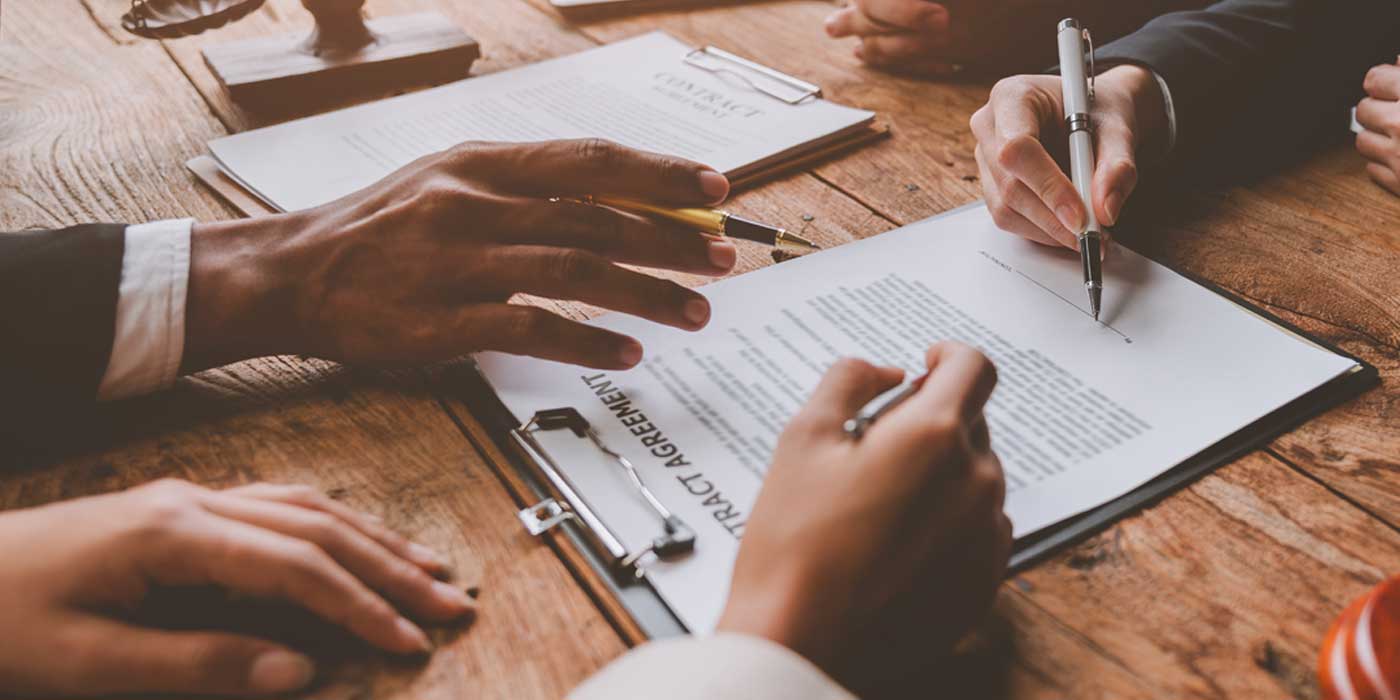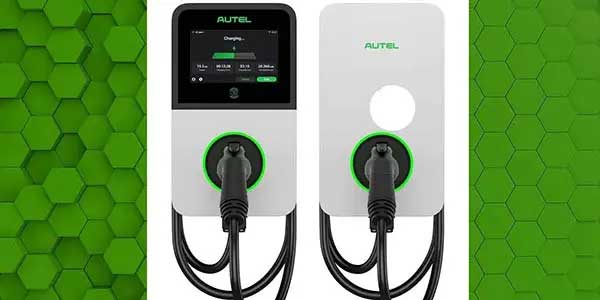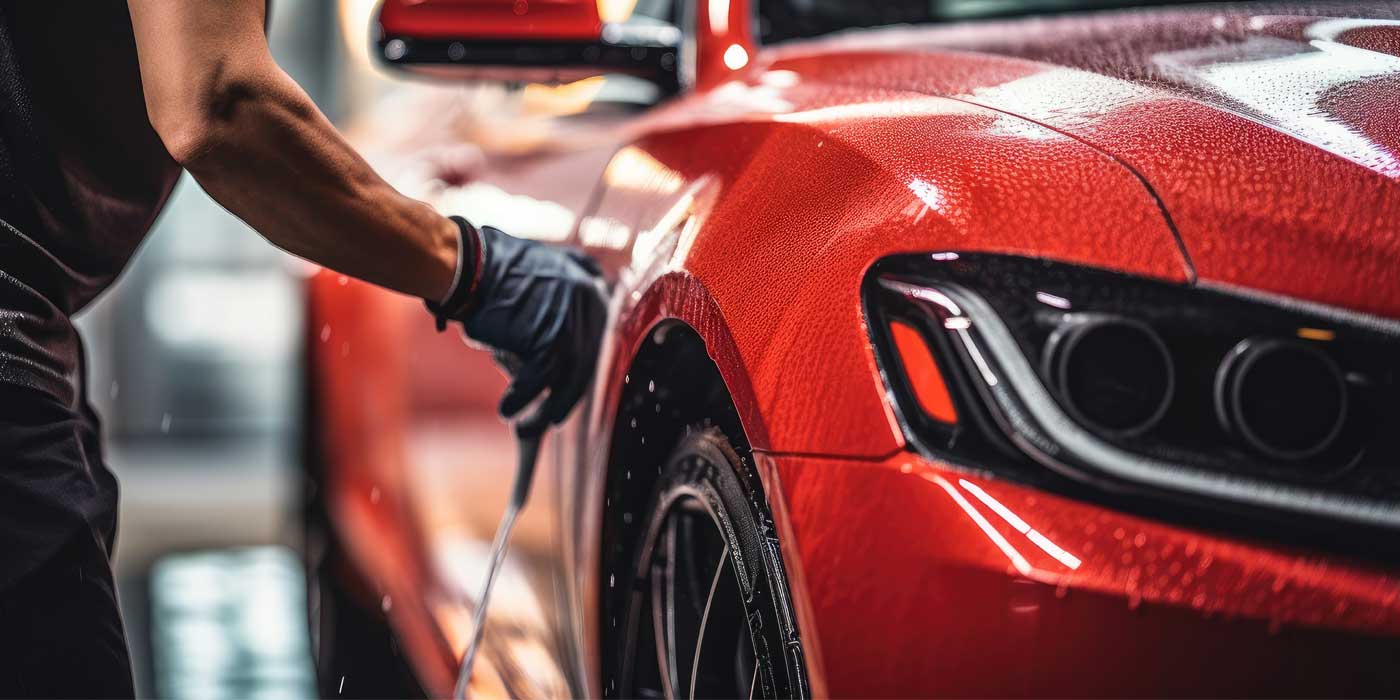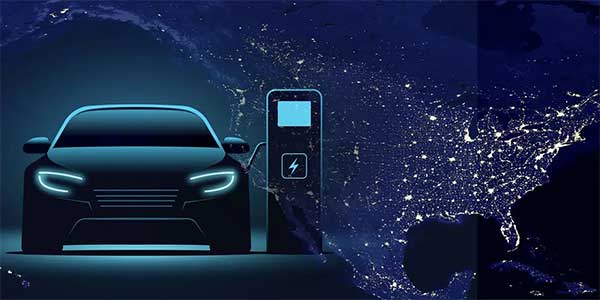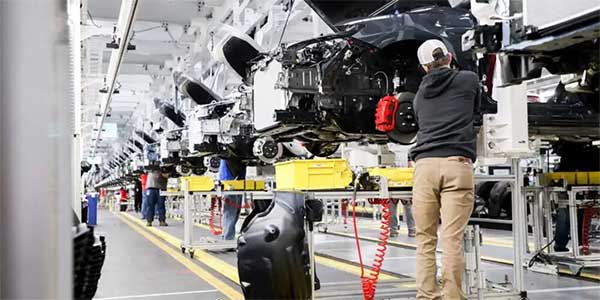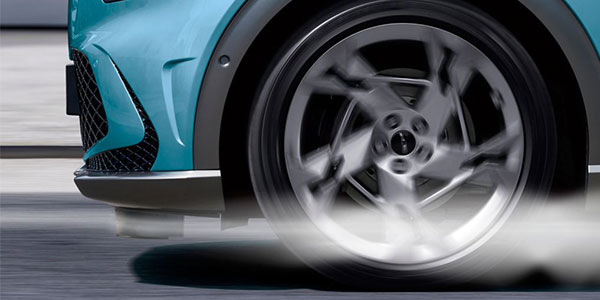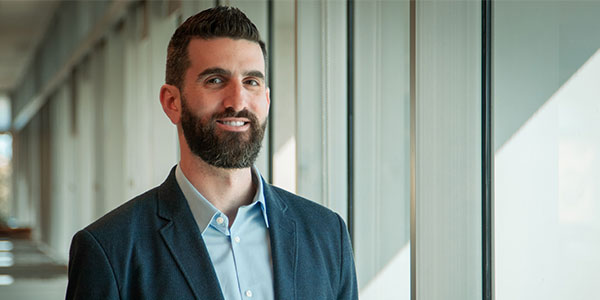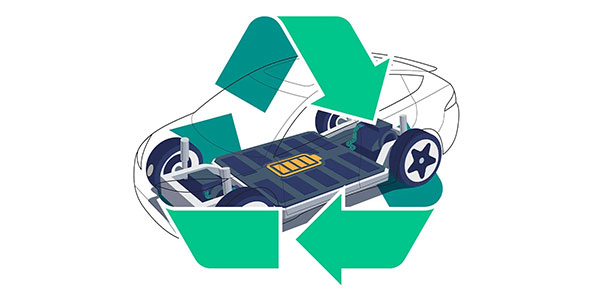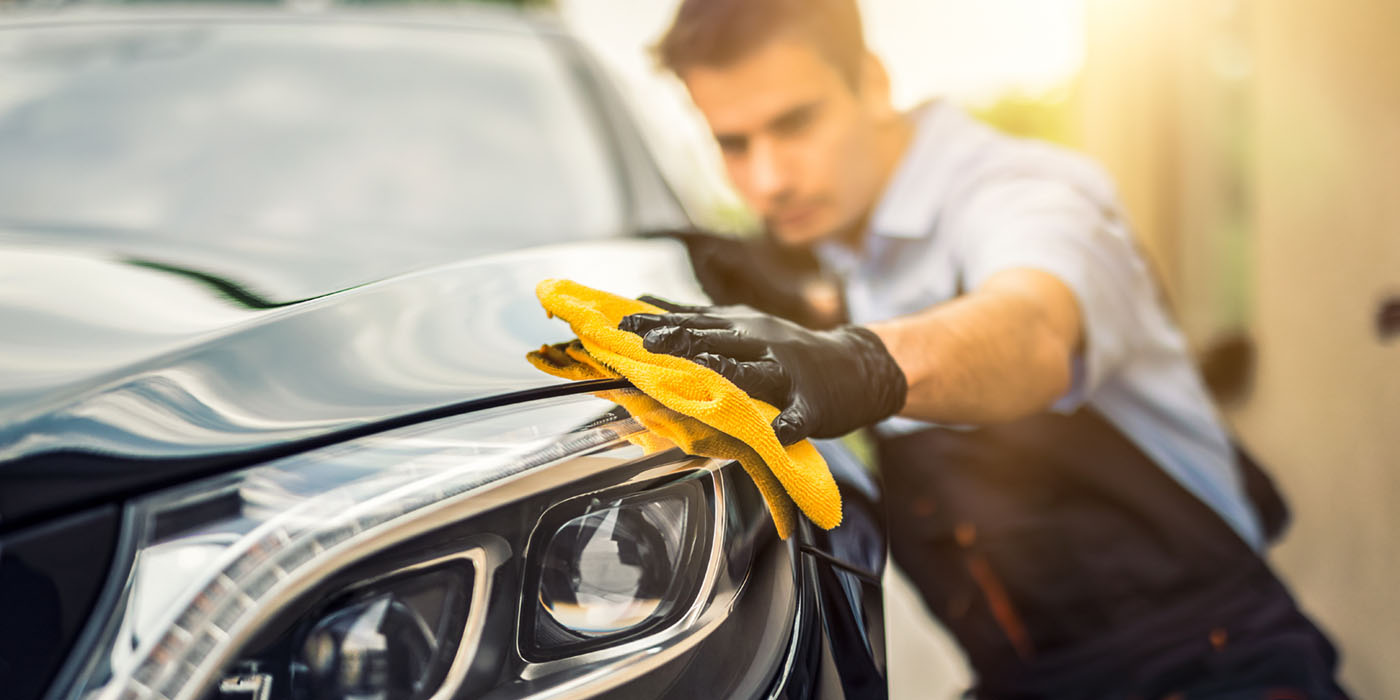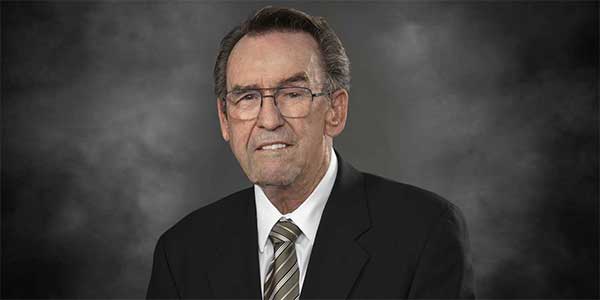The answer to the above question could be yes, maybe or not at this time. So, let’s explore. First, despite the current federal administration’s ambitious efforts to incentivize consumers to acquire a battery-powered vehicle plus incentives to encourage private sector investment in the purchase and installation of publicly accessible electric vehicle (EV) charging stations, major issues remain.
Land of the EV
Nationwide, there is currently an estimated 5% population of consumer registered battery-powered EVs with a projected federal goal of achieving a 20% EV population by 2035. In some parts of the U.S., notably major cities in California as well as Arizona, the percentage of registered EVs is already close to or over 10%.
Additionally, 80% of the nation presently lacks access to an adequate number of publicly accessible EV charging stations. The lack of such facilities, which falls far short of the federally projected need for 400,000-plus public EV charging stations, means EV drivers who travel extensively must carefully plan routes.
Most EVs with a fully charged battery have a manufacturer-advised range of 250-300 miles. However, those ranges are usually based on mileage achieved at a constant speed, in daylight and without the use of climate controls. Moreover, test vehicles involve a single occupant (the driver) — about a 200-pound payload.
Based on reports, numerous EV owners have discovered actual range diminishes based on the use of climate controls, speed, actual road conditions, presence of elevated terrain and number of passengers. Actual range reduced anywhere between 10% and even up to 40%.
Charging options
EV homeowners with a garage or an exterior space to install an appropriate Level 2 charger, which can provide around 30 miles of range per hour,can add 250 miles of range to a depleted battery with an eight-hour charge. EV owners without an “at-home” charger are totally dependent on a local, public EV charging facility.
Some owners may reside in an apartment or condo community where ownership has installed two or more charging stations for resident use; an increasing number of 3- and 5-star hotels are also installing chargers for guest use.
In some towns and cities, EV stations for public use might be available at municipal parking garages or shopping centers. More travel plazas and truck stops on major roadways now feature “superfast” chargers, which have an output that can only be accepted by battery systems in “high end” autos. These DC-powered Level 3 “fast chargers” can deliver up to 100 miles of range in about 10 minutes. Their price range is $45,000-plus for a 75KW output to around $110,000 for a 176KW output system. It’s worth noting that these chargers have two connector cables, which enable two vehicles to charge simultaneously from a single station. High-output “super fast” DC chargers can deliver up to a massive 280KW, but are not financially feasible for most service providers due to their very high cost.
The more commonly found commercial use “Level 2” chargers cost between $2,250-$3,750, depending on bells and whistles, plus installation.
The commercial operator of a Level 2 EV charger typically charges users between $0.05-$0.07 per minute via the added credit/debit card module — a yield of between $3.00-$4.20 per charging hour. Actual cost of power use varies depending on the local utility’s rate, which is likely to be around $0.80 per hour.
On a Level 3 fast charger, the user rate would be between $8-$10 per 10-minute cycle.
Crunching the numbers for carwash businesses
Carwash operators in high visibility locations near numerous Class A and Class B apartments and condos, combined with high traffic count, could benefit from the installation of EV chargers. Remember, if you install a “network connected” system, your location would be listed as publicly accessible on EV charging station locator apps, which may attract out-of-area EV owners.
Most carwash operators with interest in installing an appropriate number of EV charging stations will likely be in search of financing. Most banks and commercial lenders have very limited or zero familiarity with EV charging stations.
The good news is a 22-year reputable direct lender has established a specialized renewable energy funding division and its “menu” includes EV charging stations. There are a couple of funding options, including a conventional loan with a term of between two and five years and a “unique” zero-down lease-to-own program that not only covers the cost of the EV station equipment, but can also include “soft costs,” permitting, installation and commissioning.
In this case, “zero down” requires the prepayment of just the first and last month installment. Lease term is between five and 10 years. Minimum funding is $20,000 up to $10 million per
project.
The decision to invest in an EV charging facility requires careful thought and local research. Use a locator map to find out how many publicly available EV chargers are already available in your market and where. Do not expect an overnight revenue success since it will take several months to build an EV customer base. Regard it more as a marketing expense.
Currently, there is a 30% federal tax credit (up to $30,000) available to commercial operators toward the cost of charger purchases and installation. And, there may be additional incentives available from your state and/or utility company.
Richard S. Cooper is a Charleston, South Carolina-based independent business consultant focused on the rapidly growing need for commercial EV charging stations nationwide. He works with leading companies, including the direct lender mentioned in this article. Richard can work with you to determine which type of EV charging station is most appropriate for your site and coordinate supply and installation through his network of licensed commercial electrical contractors who will provide you with an inclusive quote. You can contact Richard at 843-364-5413 weekdays between 8 a.m. and 6 p.m. EST or by email at [email protected].


